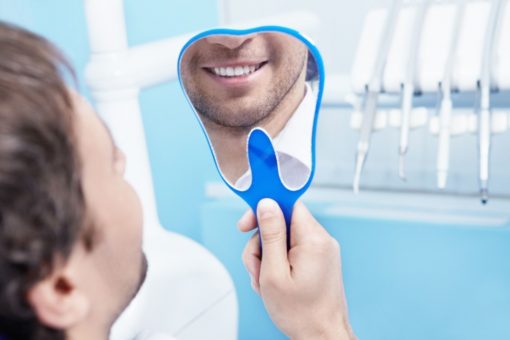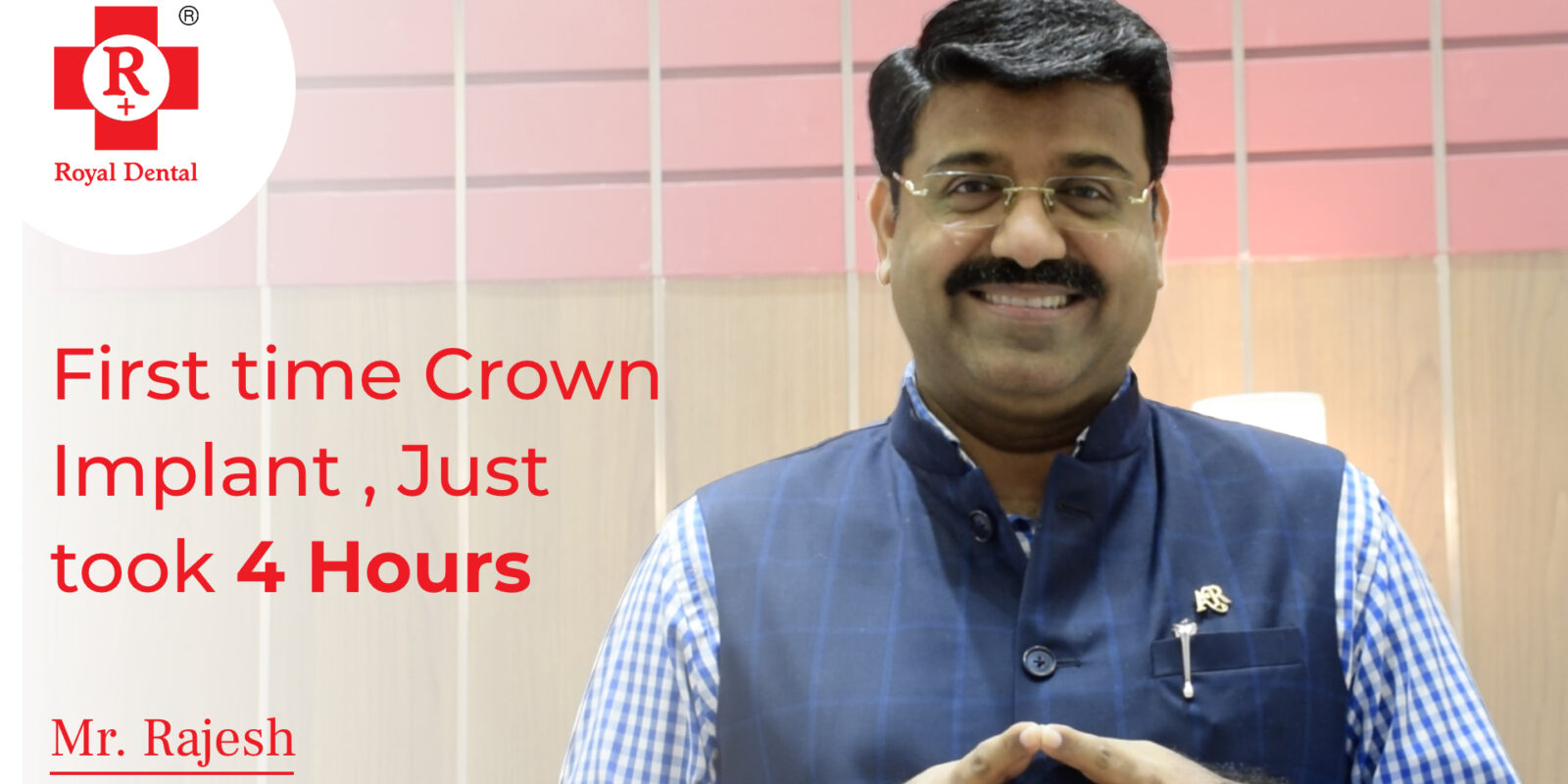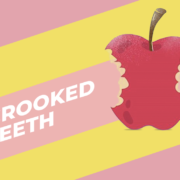As a dental professional, one of the most interesting questions that I get asked is whether a dentist can operate on themselves. This is an interesting and complex question and one that requires careful consideration of the ethical implications. While it may seem like a good idea for a dentist to self-treat, several issues should be taken into account. In this article, I will discuss the ethical considerations of a dentist treating, and the potential risks of doing so. I will explore the potential legal and professional implications of self-treatment, as well as the potential benefits. By looking at the pros and cons of this issue, I will provide a well-rounded perspective on the potential risks and benefits of a dentist’s self treatment.
Ethical consideration of Dentist self treatment
Conflict of interest: Dentists have a duty to act in the best interest of their patients. However, when they self-treat, there is a potential conflict of interest between the dentist’s personal interests and their obligation to provide the best possible care for their patients.
Competence: Dentists may not have the necessary expertise or training to diagnose and treat their own dental problems effectively. As a result, they may inadvertently cause harm to themselves or worsen their condition.
Professionalism: Patients trust dentists to act in a professional and ethical manner. When dentists self-treat, they may be perceived as violating professional boundaries or behaving unethically.
Misuse of resources: When dentists self-treat, they may be using equipment, supplies, and medications that are meant for patient care. This can be seen as a misuse of resources, as well as potentially compromising the safety and quality of care for their patients.
Legal implications: If a dentist’s self-treatment results in harm or injury, they may be subject to legal action, disciplinary action by their licensing board, or loss of their professional reputation.
Potential legal implications of self treatment Dentist
The potential legal implications of self-treatment by a dentist depend on the specific circumstances and the laws and regulations governing dental practice in the dentist’s jurisdiction. However, some potential legal implications of self-treatment by a dentist include:
Malpractice claims: If a dentist’s self-treatment results in harm or injury to themselves, they may be subject to a malpractice claim. The patient may argue that the dentist breached the standard of care by attempting to treat themselves and that this breach caused their injury.
Licensing board action: If a dentist’s self-treatment results in harm or injury to themselves or their patients, they may face disciplinary action by their licensing board. This could result in suspension or revocation of their license to practice dentistry.

Criminal charges: In some cases, a dentist’s self-treatment may violate criminal laws. For example, if a dentist self-prescribes controlled substances or performs a procedure without a license, they may be subject to criminal charges.
Professional reputation: Even if a dentist’s self-treatment does not result in legal action, it may damage their professional reputation. Patients may be hesitant to seek care from a dentist who has engaged in self-treatment, and other dental professionals may view them as behaving unethically or unprofessionally.
Professional implications of Dentist self treatment
Delay in diagnosis: Self-treatment may delay the diagnosis of a serious medical or mental health condition, leading to further complications and a poorer prognosis.
Misdiagnosis: Self-treatment may result in misdiagnosis, which can lead to inappropriate treatment and potentially harmful side effects.
Lack of access to specialized care: By treating oneself, individuals may miss out on specialized care that could improve their condition.

Legal and ethical implications: Depending on the jurisdiction, self-treatment may be illegal or unethical, especially when it comes to prescribing medications.
Lack of accountability: Healthcare professionals are held accountable for their actions and can be held liable for any harm caused by their treatment. Self-treatment, on the other hand, lacks accountability and can leave individuals vulnerable to adverse outcomes.
What are the potential risks of self-treatment Dentist
Self-treatment can involve the use of over-the-counter medications, herbal remedies, dietary supplements, or other therapies without the guidance of a healthcare professional. While self-treatment may seem like an attractive option for minor health concerns, there are potential risks associated with it. Here are some of the potential risks of self-treatment:
Misdiagnosis: Self-diagnosis can be inaccurate, leading to the use of inappropriate treatments that can cause harm.
Adverse reactions: Self-treatment can result in adverse reactions, including allergic reactions, side effects, and interactions with other medications.
Overdose: Taking too much of a medication or supplement can lead to an overdose, which can cause serious health problems, including death.
Masking of symptoms: Self-treatment may mask the symptoms of underlying medical conditions, making it harder to diagnose and treat the condition.
Dependency: Using certain medications or supplements for prolonged periods can lead to dependency, making it difficult to stop the treatment.
Misuse of medication: Self-treatment may involve the misuse of medications, such as taking medications for non-approved uses or combining medications without proper guidance.
What are the potential benefits of self-treatment?
While there are several potential risks associated with a dentist’s self-operations, there are also potential benefits. First, self-treatment may be less expensive than having a professional perform the procedure. Additionally, a dentist may be more familiar with their dental anatomy and history. Which could lead to a more accurate diagnosis and treatment plan. Furthermore, a dentist may be able to provide more personalised care to themselves. As they are more familiar with their own needs and preferences.
Additionally, self-treatment may be more convenient for a dentist. As they may not need to take time off work or arrange for transportation to and from a dental office. Furthermore, a dentist may be able to provide more comprehensive care to themselves. As they are more familiar with their condition and may be able to provide more detailed follow-up care. Finally, self-treatment may be less stressful for a dentist. As they may feel more in control and may be less likely to experience anxiety or stress during the procedure.
Conclusion
In conclusion, it is important to consider the potential risks and benefits of a dentist’s self-operations. While there are potential risks associated with a dentist’s self-operations. Such as the potential for infection or improper diagnosis, there are also potential benefits. Such as lower costs and more personalised care. It is important to consider the ethical and legal implications of a dentist’s self-treating. As well as the potential professional implications. Ultimately, it is up to each dentist to decide whether self-treatment is the right choice for them.






